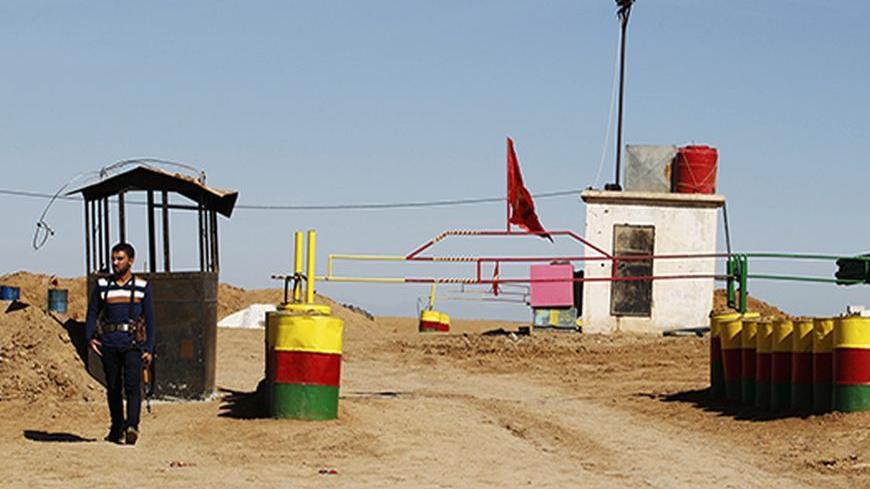RAS AL-AIN, Syria — The Mesopotamian Al-Jazira plain is populated by a majority of Arabs, but the northern districts of the province of Hasakah, including the two main cities Qamishli and Hasakah, will soon see the first steps of a Kurdish-led administrative and political decentralization. Arabs here hold different views on Kurdish autonomy, ranging from support to skepticism and opposition. Regardless of the political shape of these regions, it is urgently necessary to reconcile both communities and solve the land disputes caused by the presence of Arab settlers, in order to ward off a Kirkuk-like ethnic strife.
"The self-management plan won't discriminate among the different communities," said Ahmad al-Ahmad, an Arab staff member in the Ministry of Education from al-Jabriyya, a village next to Amuda. "Therefore, I support it. We want to see locals, whether Arabs or Kurds, managing and developing these regions," he told Al-Monitor. Ahmad is originally from Tabqa in Raqqa province and he settled in al-Jabriyya 37 years ago. He belongs to the so-called maghmurin, "flooded," Arab tribes resettled by the government along the northern border of the province of Hasakah in the 1970s, in order to compensate them for the loss of their lands flooded by the construction of the Tabqa Dam on the Euphrates between 1968 and 1973. It was part of the Arabization plan drafted by Hasakah's police chief, Mohammad Talab Hilal, in 1963 to change the demographic balance at the expense of Kurds.



